WHITE SORGHUM GRAIN INGREDIENTS: Sorghum Grain
COUNTRY OF ORIGIN: USA
HOW TO COOK: Rinse and drain 1 cup of sorghum. Add sorghum and 3 cups of water (or broth) to a large pot. Bring to a boil, reduce to a simmer and cook for 40-55 minutes or until tender. Drain excess liquid.
ALLERGY STATEMENT
Although we are a dedicated 14 Free product line & facility, if you have an allergy(ies) to any Gerbs ingredients, please email us first before ordering, so that we can answer any questions and talk about your options: sales@mygerbs.com
Our goal is to give the Allergy Community relief in the battle of living with food allergies. All of our raw ingredients are processed, packaged, handled, stored, and shipped by trained staff in our family owned & operated facility in Johnston, Rhode Island on dedicated non-GMO, Vegan, and Kosher Equipment. LEARN MORE
BENEFITS OF WHITE SORGHUM GRAIN
1. Nutrients in White Sorghum Grain
Sorghum may be cooked and served alone, popped, or used in porridge and breads. A 1-cup, 192-gram serving of sorghum is energy-rich, providing 650 calories, 48 percent of your recommended daily intake, or RDI, for carbohydrates, mainly complex carbohydrates, and 48 percent of your RDI for fiber. Sorghum is rich in thiamin, riboflavin, niacin and trace minerals such as iron, phosphorus and potassium. The color of sorghum varies from white to red to black, and the bran of dark-colored varieties is rich in compounds called phenolic acids, tannins, anthocyanins and policosanols.
2. Sorghum Antioxidants and Cancer
The bran layers of pigmented sorghum varieties contain antioxidants that may help protect against cancer development.
3. Sorghum and Carbohydrates
Sorghum may slow and reduce carbohydrate digestion and absorption, which could help with blood glucose control in people with diabetes.
4. Gluten-Free
If you cannot tolerate gluten or have frequent allergic reactions after eating foods made with wheat, oats, barley or rye, sorghum is a gluten-free alternative staple grain. Sorghum appears to be safe for patients with celiac disease, an autoimmune condition of the small intestine that is aggravated by gluten, as reported in the Dec. 2007 issue of “Clinical Nutrition.” If you do substitute sorghum for other foods in your diet, do not rely too heavily on sorghum’s protein for contribution to your daily needs. Sorghum protein is poorly digested after cooking and is deficient in the essential amino acid lysine.
STORAGE
If properly stored, our Products will stay fresh so that you can enjoy them for many months. We strongly recommend storing in an airtight (dark colored/opaque) container in a cool, dark environment like a pantry or kitchen cabinet, away from direct exposure to sunlight or excessive heat like an oven. The amount of times you open the container and let in the harmful effects of oxygen will only increase the likelihood of rancidity.
Additional information
| Weight | 25 lbs |
|---|---|
| Dimensions | 1 × 1 × 1 in |
Customers' review
Be the first to review “Premium USA Grade White Sorghum Grain, 25 Pound Case Pack”
You must be logged in to post a comment.

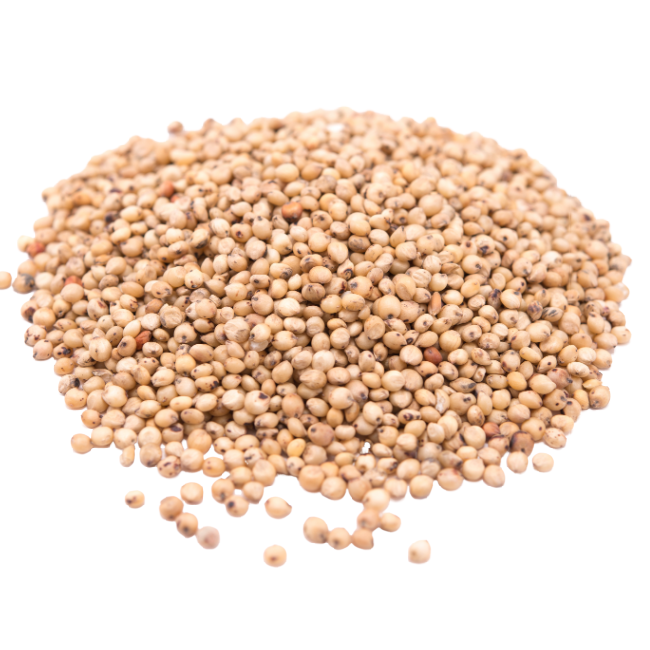
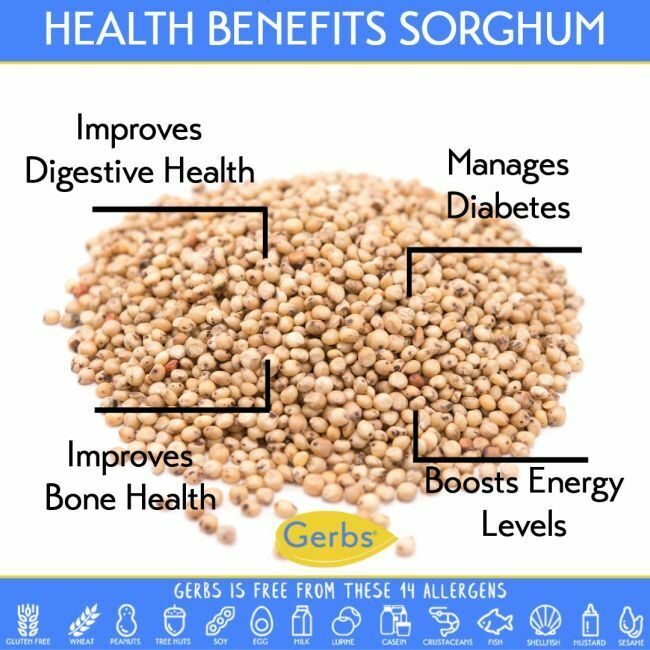

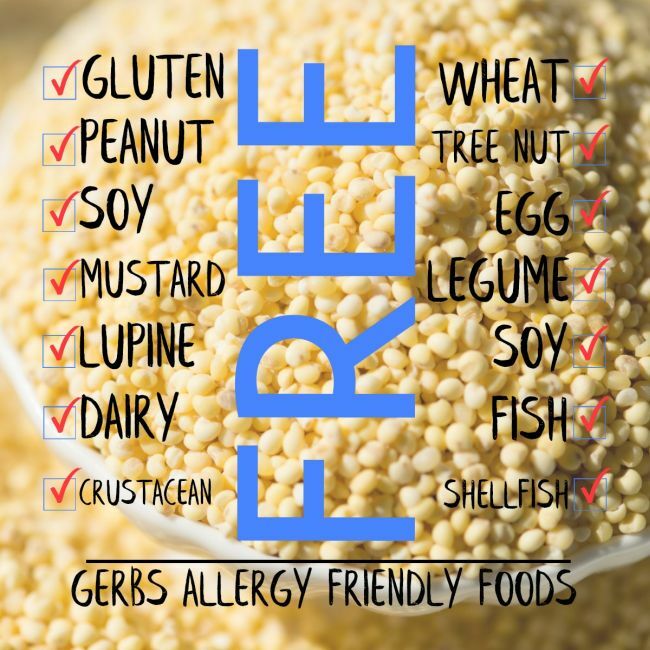
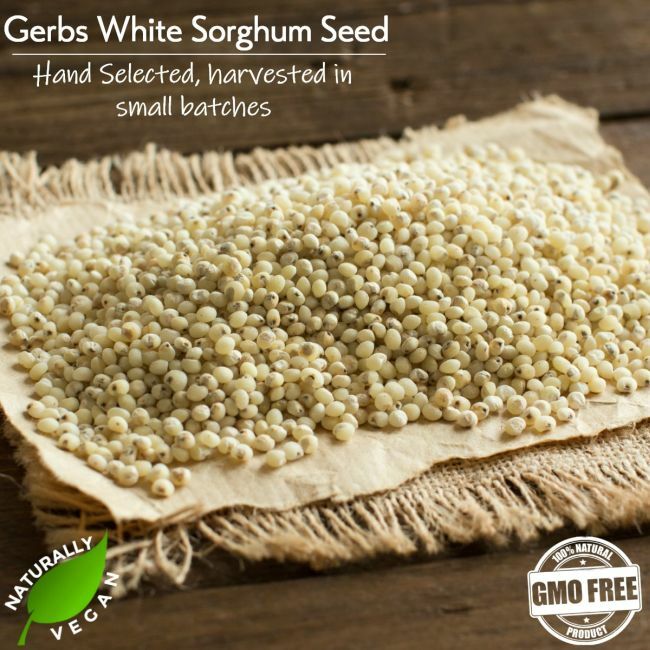
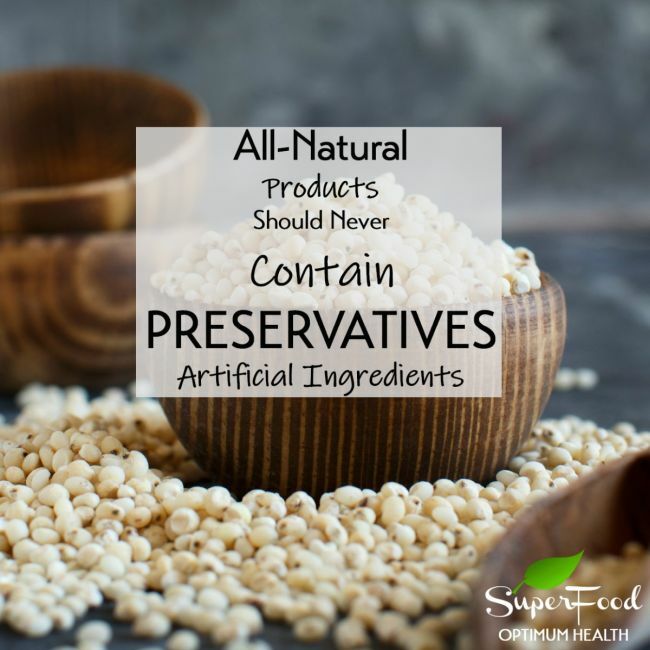

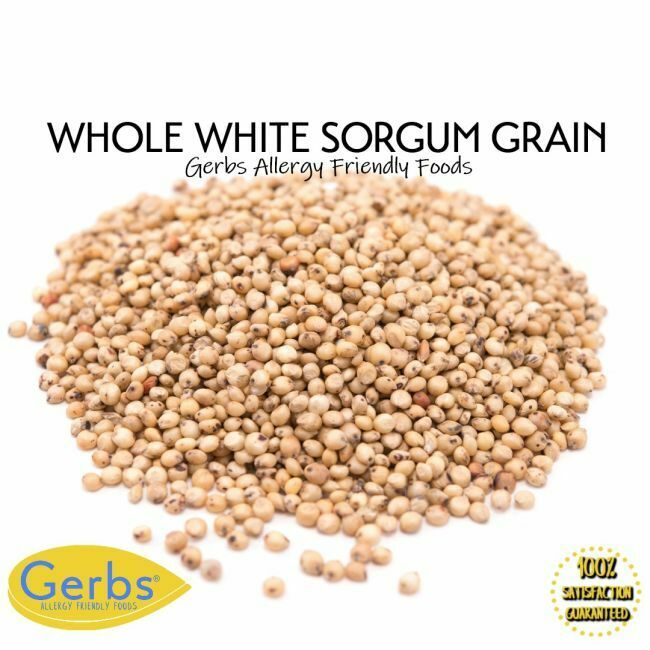
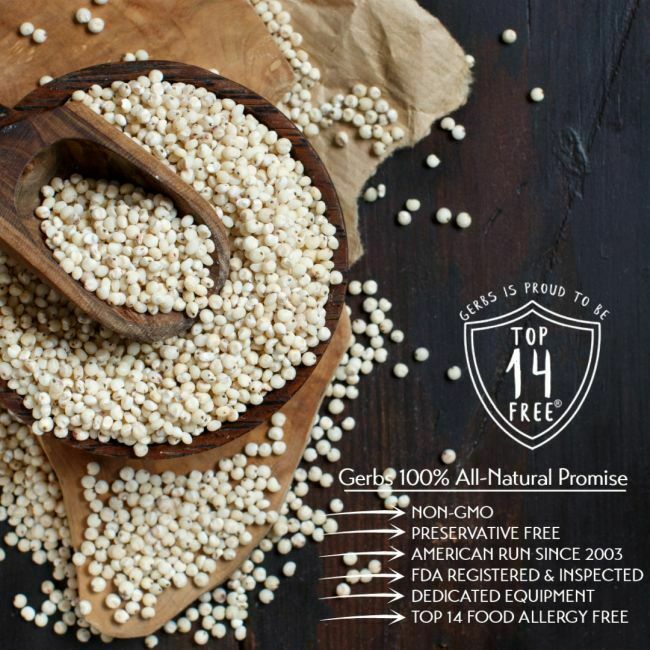
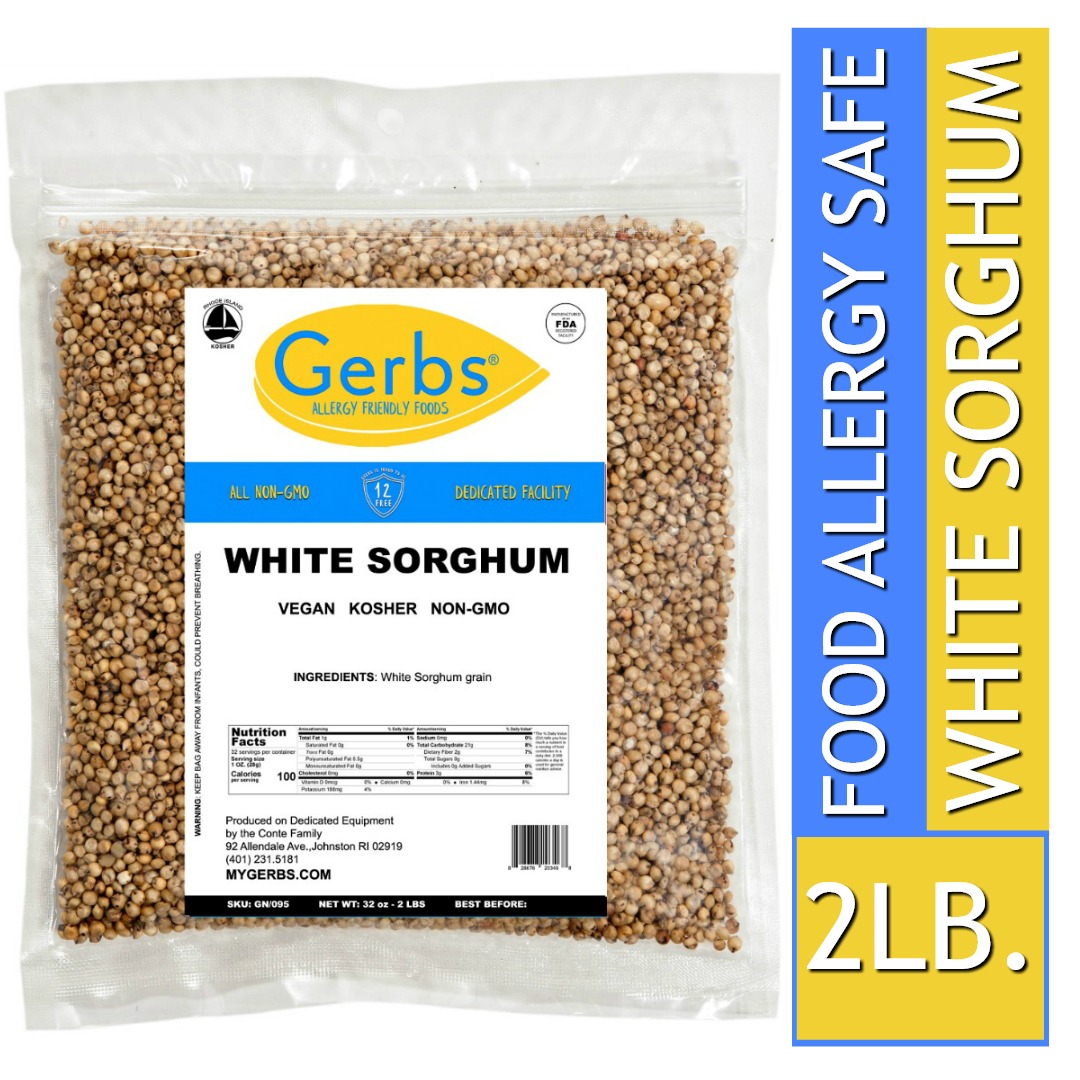



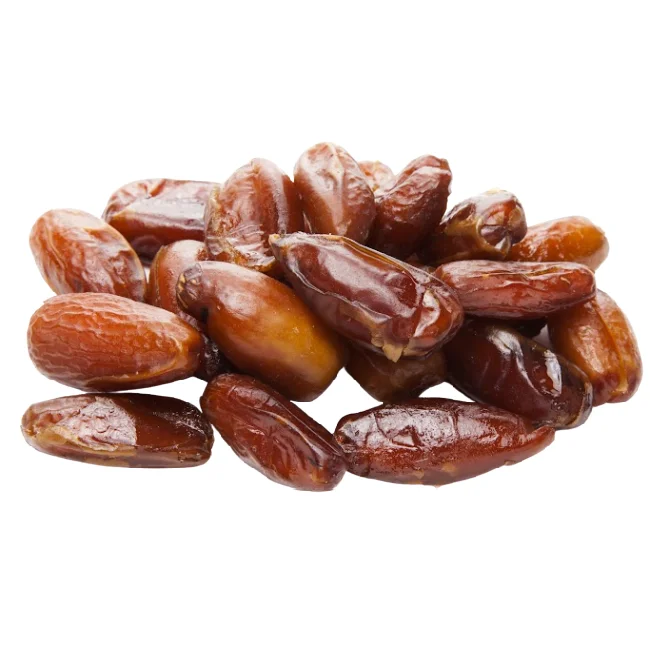
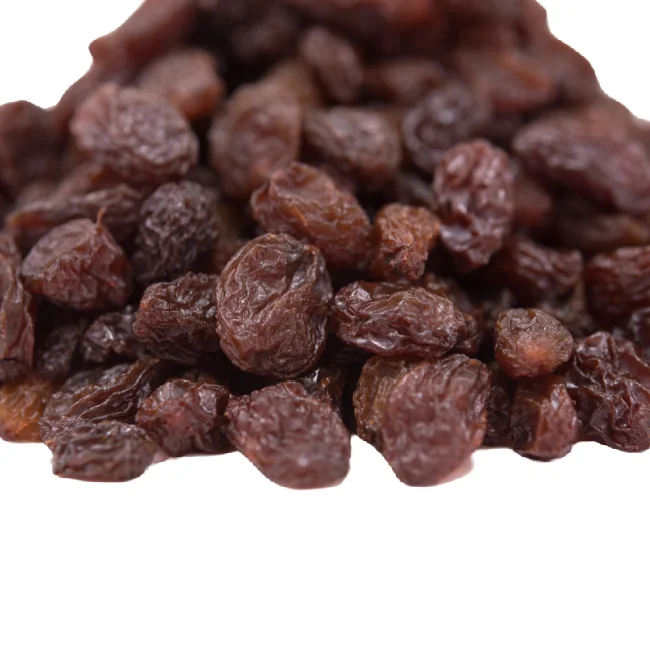
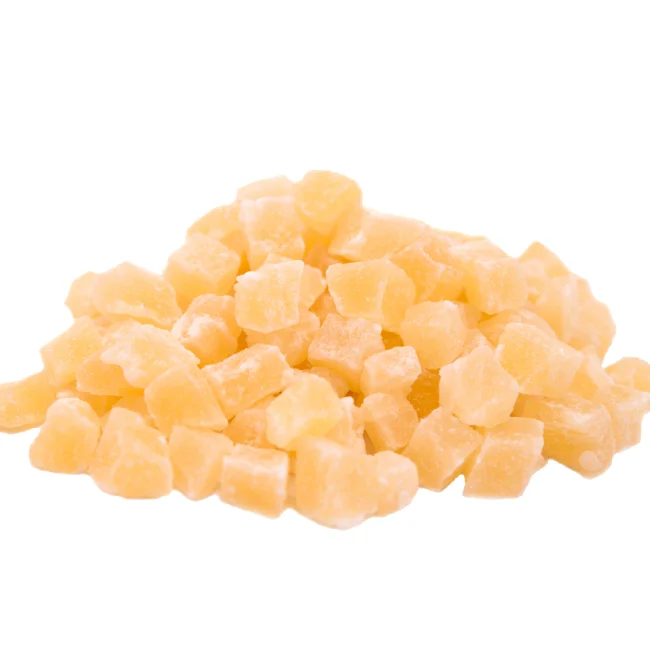











Reviews
There are no reviews yet.